Chandigarh Legal Conclave
Chandigarh Legal Conclave
Challenges and Future of water law in India
Challenges and Future of water law in India
SPEAKERS
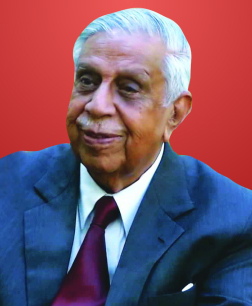
Hon’ble Mr. Justice M.N. Venkatachaliah
Former Chief Justice of India
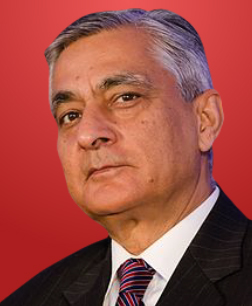
Hon’ble Mr. Justice T.S.Thakur
Former Chief Justice of India
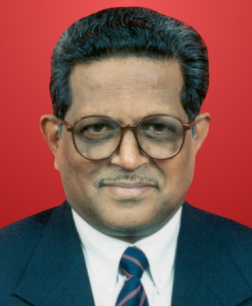
Hon’ble Mr. Justice S. Rajendra Babu
Former Chief Justice Of India

Hon’ble Mr. Justice B.N. Srikrishna
Former Judge, Supreme Court of India
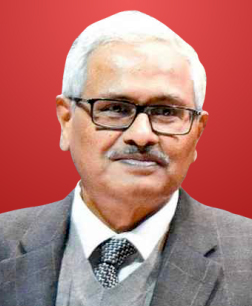
Hon’ble Mr. Justice (Retd.) R.V.Raveendran
Former Judge, Supreme Court of India
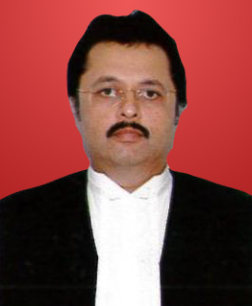
Hon’ble Mr. Justice Ravi V. Malimath
Former Judge,Karnataka High Court
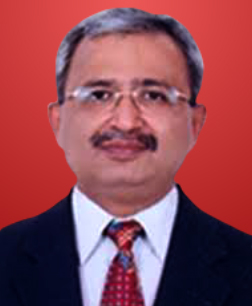
Hon’ble Mr. Justice Alok Aradhe
Former Judge,Karnataka High Court
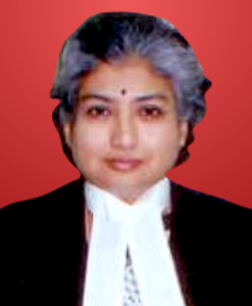
Hon’ble Ms. Justice B.V. Nagarathna
Former Judge,Karnataka High Court
Schedule
AGENDA
| Technical Session 1 (11am to 12:30pm) |
TOPIC |
Speaker |
| Arbitration – Journey from 1940 to 2018 | Challenges and reforming in the Indian Arbitration & Mediation system –way forward | Hon’ble Mr. Justice B.N.Sri Krishna |
| Arbitration – Journey from 1940 to 2018 | Challenges and opportunities institutional Arbitration vs Ad hoc Arbitration | Hon’ble Mr. Justice Ravi V. Malimath ( Karnataka High Court) |
| Arbitration – Journey from 1940 to 2018 | Commercial courts and need for training of judges with challenges to arbitral awards | Hon’ble Mr. Justice Alok Aradhe ( Karnataka High Court ) President, High Court Arbitration Centre , Bengaluru |
| Arbitration – Journey from 1940 to 2018 | Use of Artificial Intelligence in legal matters and conflict resolution | Mr. Avinash Ambale ( Expert on Artificial Intelligence ) |
| Q & A Sessions and Concluding Remarks by Chairperson | Chairperson : Hon’ble Mr. Justice T.S.Thakur , Former Chief Justice of India |
| Technical Session 2 ( 1:30pm to 3pm) |
TOPIC |
Speaker |
| Mediation – Arbitration An effective tool of dispute resolution | Mediation – Arbitration An effective tool of dispute resolution | Hon’ble Mr. Justice B.V. Nagaratha ( Karnataka High Court) President, Bangalore Mediation Centre , Bengaluru |
| Mediation – Arbitration An effective tool of dispute resolution | Challenges and reforming in Indian Arbitration system | Mr. A.S. Udaya Holla Advocate General, High Court of Karnataka , Bengaluru |
| Mediation – Arbitration An effective tool of dispute resolution | Arbitration and Mediation – Strange bedfellows or harmonious partners | Mr. Sriram Panchu ( Sr. Advocate) |
| Mediation – Arbitration An effective tool of dispute resolution | Online Mediation & AI- Big data – The Future techniques of Mediation | Prof. (Dr.) Ashok R. Patil Director, Online Consumer Mediation Centre , National Law School of India University |
| Q & A Sessions and Concluding Remarks by Chairperson | Chairperson : Hon’ble Mr. Justice (Retd.) R.V.Raveendran |
AGENDA
| Technical Session 1 (11am to 12:30pm) |
TOPIC |
Speaker |
| Arbitration – Journey from 1940 to 2018 | Challenges and reforming in the Indian Arbitration & Mediation system –way forward | Hon’ble Mr. Justice B.N.Sri Krishna |
| Arbitration – Journey from 1940 to 2018 | Challenges and opportunities institutional Arbitration vs Ad hoc Arbitration | Hon’ble Mr. Justice Ravi V. Malimath ( Karnataka High Court) |
| Arbitration – Journey from 1940 to 2018 | Commercial courts and need for training of judges with challenges to arbitral awards | Hon’ble Mr. Justice Alok Aradhe ( Karnataka High Court ) President, High Court Arbitration Centre , Bengaluru |
| Arbitration – Journey from 1940 to 2018 | Use of Artificial Intelligence in legal matters and conflict resolution | Mr. Avinash Ambale ( Expert on Artificial Intelligence ) |
| Q & A Sessions and Concluding Remarks by Chairperson | Chairperson : Hon’ble Mr. Justice T.S.Thakur , Former Chief Justice of India |
| Technical Session 2 ( 1:30pm to 3pm) |
TOPIC |
Speaker |
| Mediation – Arbitration An effective tool of dispute resolution | Mediation – Arbitration An effective tool of dispute resolution | Hon’ble Mr. Justice B.V. Nagaratha ( Karnataka High Court) President, Bangalore Mediation Centre , Bengaluru |
| Mediation – Arbitration An effective tool of dispute resolution | Challenges and reforming in Indian Arbitration system | Mr. A.S. Udaya Holla Advocate General, High Court of Karnataka , Bengaluru |
| Mediation – Arbitration An effective tool of dispute resolution | Arbitration and Mediation – Strange bedfellows or harmonious partners | Mr. Sriram Panchu ( Sr. Advocate) |
| Mediation – Arbitration An effective tool of dispute resolution | Online Mediation & AI- Big data – The Future techniques of Mediation | Prof. (Dr.) Ashok R. Patil Director, Online Consumer Mediation Centre , National Law School of India University |
| Q & A Sessions and Concluding Remarks by Chairperson | Chairperson : Hon’ble Mr. Justice (Retd.) R.V.Raveendran |


